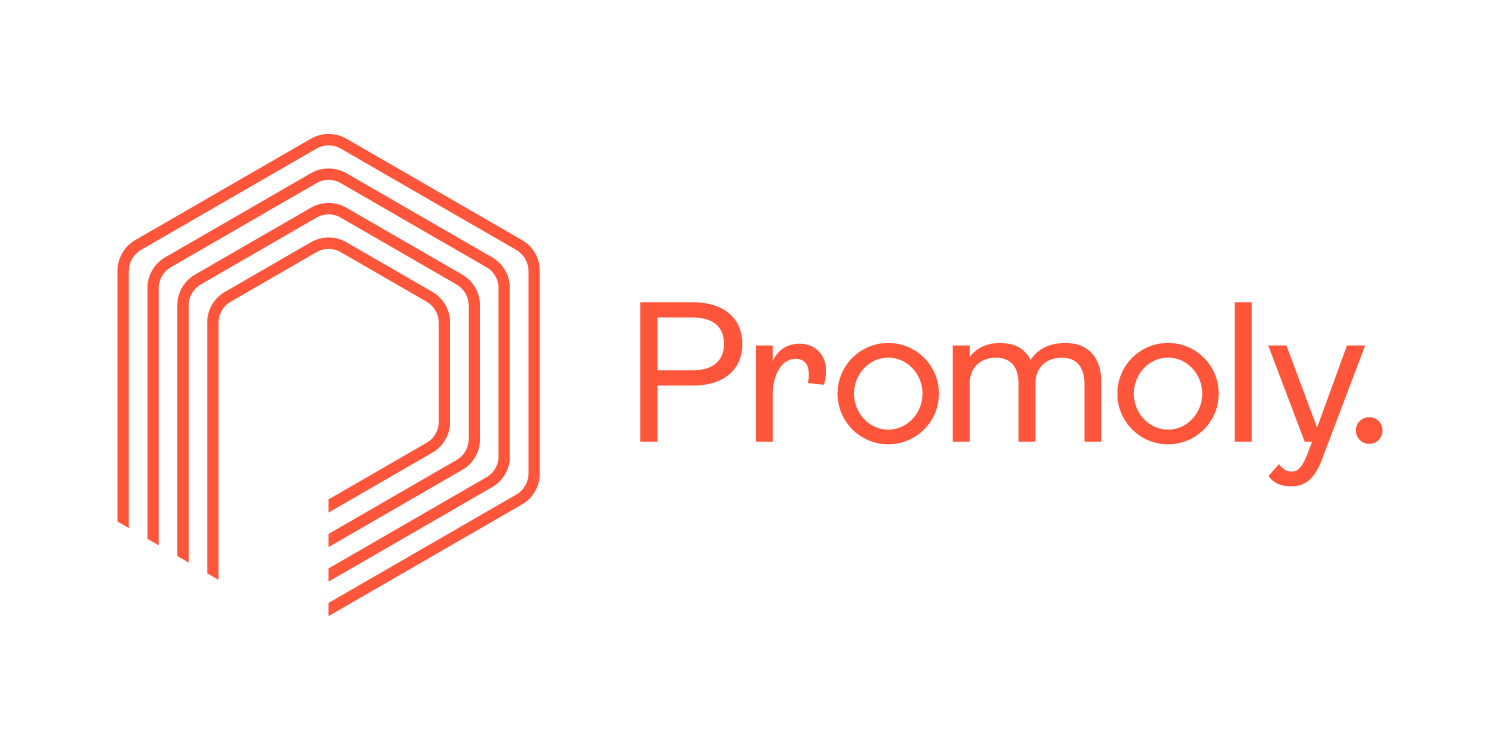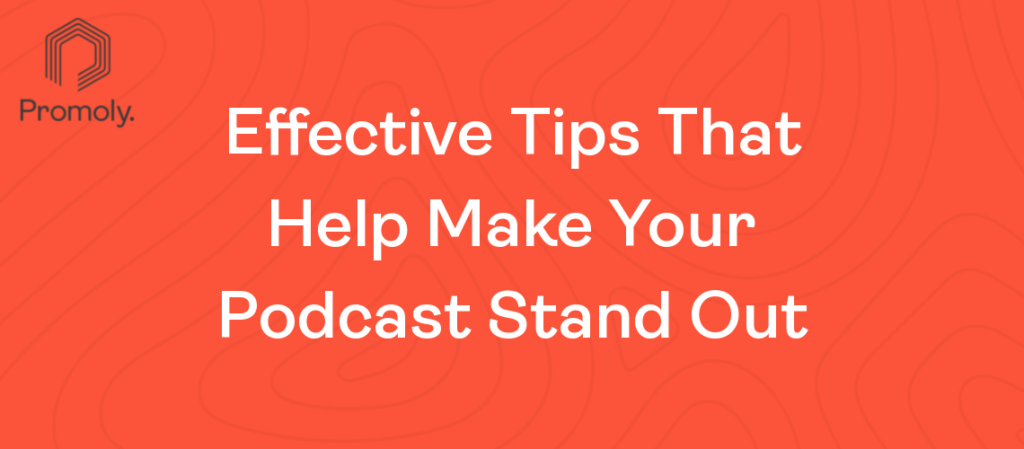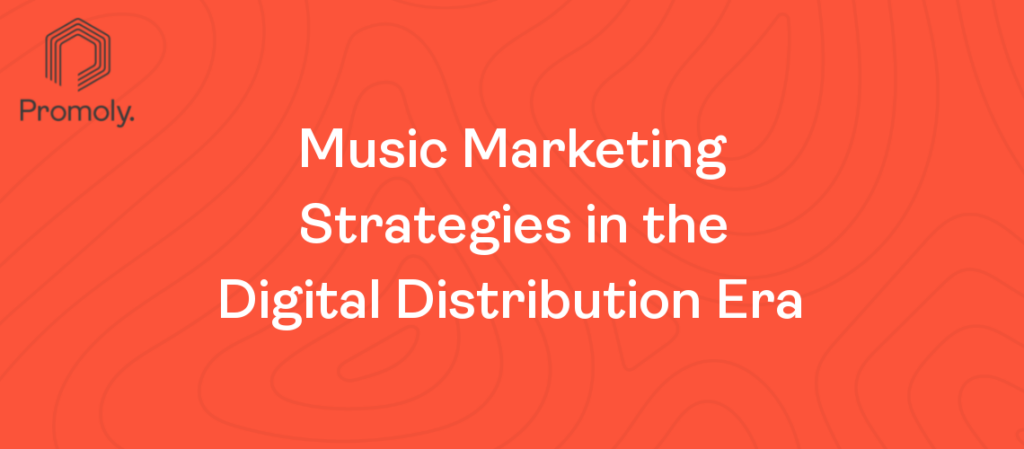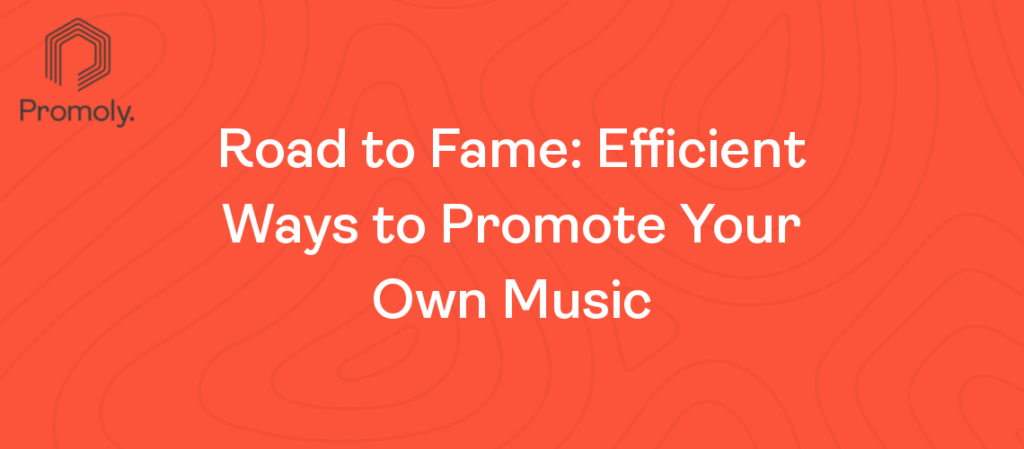When starting a podcast, you can’t just hurriedly jump into it and say whatever. To be more efficient, you need to plan for the podcast ahead of time. So, how exactly does one plan for a podcast? Well, there are a few things that you need to consider. Read on to learn more.
1. Theme and Motif
What is your podcast going to be about? Are you just going to talk about movies, sports, or tech? Will your podcast be about a particular character or event? Will it be more serious or more lighthearted? These are the questions that you need to consider first. Even if you’re doing more than one theme, you need to consider a central theme so that your listeners are not confused.
2. Topics to Cover
Once you’ve established your theme and motif, you need to determine the specific topics you will be covering in your podcast. While you may have varying topics with each session, it is best to plan ahead of time and know what you will cover. You can be as general or as specific with your topics.
For example, one episode may focus on the history of horror movies, while another may talk about the latest Batman film. Planning topics ahead takes out a lot of the stress and allows you to plan for diversity.
3. Target Audience
Your podcast’s audience could be as narrow as specific people who have watched a particular movie or as large as people who like the topic you’re talking about. Your podcast may also be for a specific group of people (for example, people who love a Disney Princess or like the Cleveland Cavaliers).
4. Length of Podcast
You also need to take into account the length of your podcast. Some podcasts can be only 15 minutes long, while others last hours. When deciding the length, think about the topic and how you can talk about it in different ways. Additionally, you have to consider your audience—some may not have all the time to listen to your podcasts and prefer shorter episodes.
5. Format
How you format your podcast is also important. Some may have different segments tackling other topics, while others focus on one topic. You can even have guests come over, or you can talk by yourself. When selecting the format, consider your audience and the goal of your podcast. Some people may prefer just one person hosting throughout, while others enjoy back and forth quips.
6. Branding
Branding your podcast is important, especially if you want to make your podcast a success. You should create a brand that encapsulates the podcast. You should have a specific logo and a specific color scheme (even if it’s just a variation of a single color). You should also have a particular font. This will be associated with your podcast, and if someone sees your podcast, they should automatically be able to identify it. You can brand your podcast by its theme, motif, and color/fonts.
7. Title and Artwork
Once you’ve branded your podcast, you want to add the title and artwork. Your podcast cover is one of the first things people will see when you post your podcast. Thus, it should represent the podcast very well. Meanwhile, your title should be catchy. It should resonate with people while also being aligned with your brand.
Conclusion
As you can see, a lot goes into planning for a podcast. It’s not as simple as just saying something into a microphone. However, when you know what you’re doing, and you prepare for your podcast, you can have better podcasts in the future.
When creating a podcast or your own album, you will need an audio marketing strategy. Lucky for you, Promoly has made it easier to promote your podcast and albums by giving you the stats, campaigns, and everything you need to know in real-time with just one platform. Contact us to get started.





